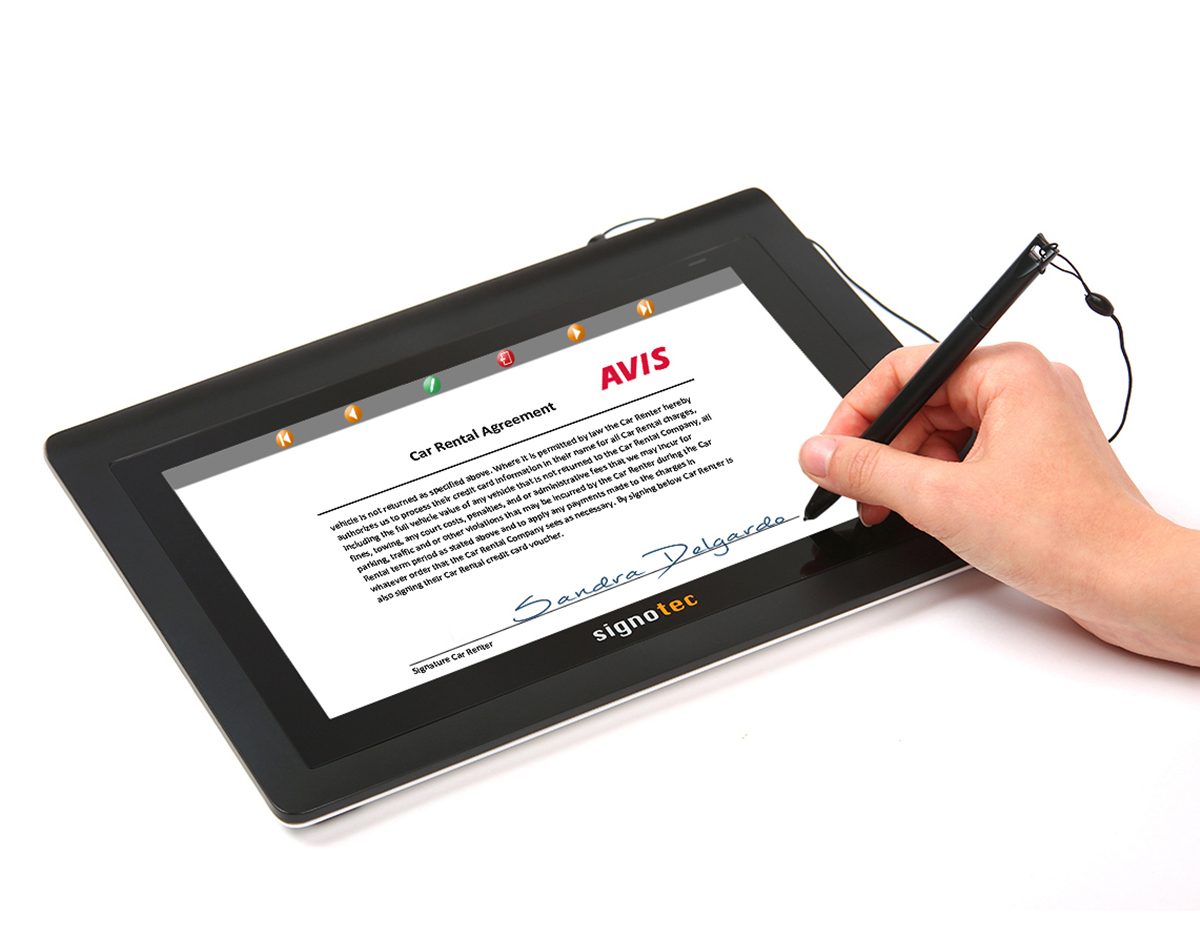
With a randomness ratio of 1:62 Billion, eSignatures are going to replace all the hectic paperwork and the burden of preparing, managing and keeping them safe. Before eSignatures came into existence every document was prepared, signed, shipped, faxed, mailed, scanned and filed as per the requirement of the parties involving multiple steps of processing, making it more time consuming, costly and inconvenient with the possibility of human error making it more complex.
Let’s have a look at advantages of eSignatures:
1. Faster Contract Pace
With the advent of this advanced and secured means of legitimizing the documents it has become easier and faster to close down contracts. Electronic signing allows no delay in signing the contract which could have aroused due to lack of availability of the signing authority or time. Many professionals do not have time and have to take care of a lot of things instead of just preparing or signing the contracts. Wherein the eSignatures allow:
Security is no more an issue in eSignatures as compared to papers that are prone to be faked or tampered. With eSignatures tomorrow is going to be secured ensuring reliable contracts with 1:62 Billion chances of randomness, which is almost negligible as per the experts.
Although the cost is reduced due to the pace and convenience, eSignatures are more reliable when compared to the chances of human error, like signing mistakes, document exchange or terms of contract with the use of signature capture device which allows to add signature to ID Cards, forms, contracts, receipts and other paperwork. eSignatures avoid risks of getting faked and can easily recognize such instances of suspicious entries or compliance matters.
All in all eSignatures will secure the future of legal documents by providing you the advantage of integrating technology with the future contracts.
All in all eSignatures will secure the future of legal documents by providing you the advantage of integrating technology with the future contracts.
Source: https://www.sigplex.co.uk/blog/esignatures-future-for-legal-documents

ReplyDeleteWhen the primary contract was signed and faxed it created the idea for the discussion of electronic signature validity. in any case it had been the primary time someone could sign something, place it during a machine, send it from one telephone line to a different and deliver a digitally reproduced signature. the trail this signature took wasn't controllable or traceable, and in most cases it traversed miles of wire before reaching its destination, so how could it's considered a legitimate signature? The intentions of the signature were clear to everyone, but businesses wanted to understand they might calculate the validity of the signature, and if nobody actually witnessed the action of 1 individual or of an organization how could a business put any faith in it? This in fact caused quite stir and in rapid fashion the courts ruled this signature carried an equivalent validity as if the parties were standing within the room together. With this, the fax became standard procedure world-wide.
electronic signature